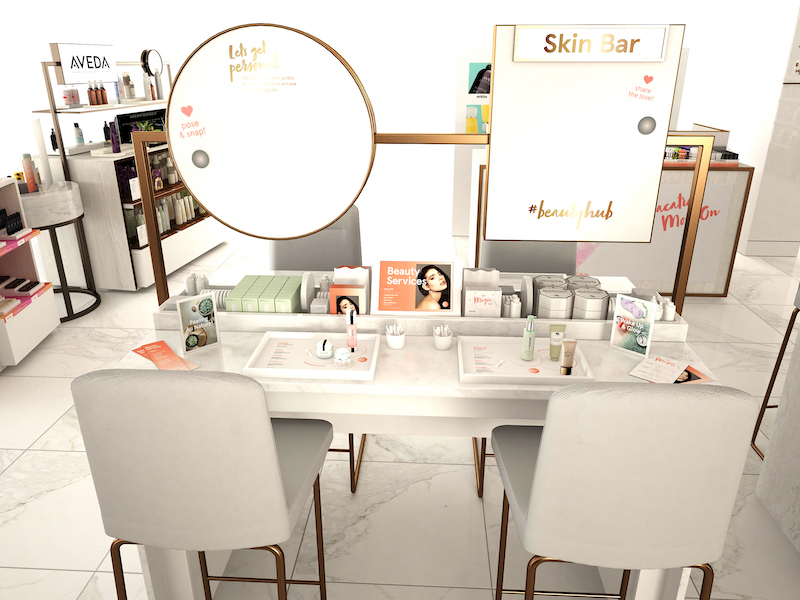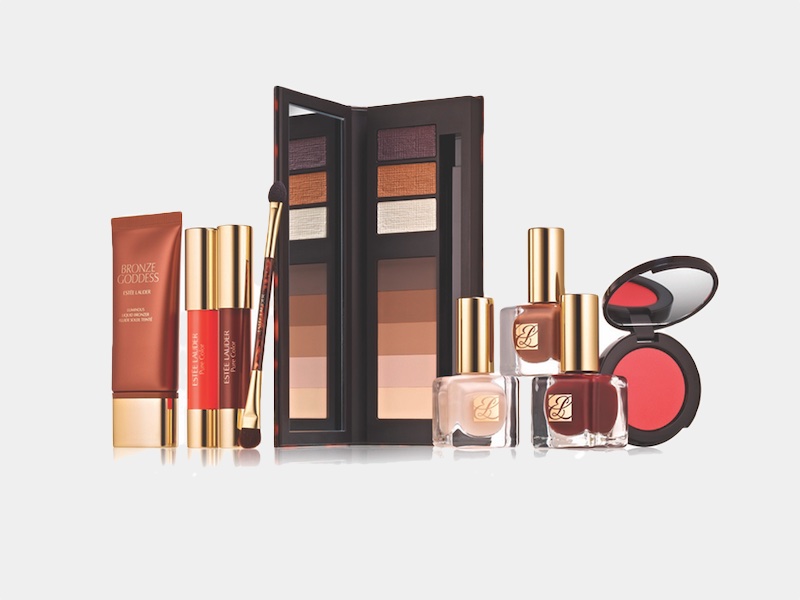Estée Lauder Companies (ELC) has reported a rocky start to the 2023 financial year, after Covid restrictions in China led to a 11% slump in Q1 sales.
Net earnings also declined to US$489m, down from $692m from the same period last year, which were “unfavourably” impacted by a stronger US dollar in relation to other currencies.
The beauty goliath, which owns MAC and Bobbi Brown, has lowered its sales outlook to be between 17% and 19% for the remainder of the year in response to the struggling results.
ELC said the reduced footfall from the strict covid restrictions in China “presented a greater challenge” than it had originally anticipated.
Reduced tourism to Hainan, a popular travel destination in the country, also impacted total earnings from the region.
This was due to strict inventory management by the provicine’s travel retailers in response to the decreased retail traffic.
ELC does not expect the situation in Hainan to improve before its 2024 financial year, however.
“The recovery has been slower than all of us have anticipated,” said Tracey Travis, EVP and CFO at ELC.

Footfall at ELC’s brick-and-mortar locations and in-store outlets in the rest of China were similarly affected throughout the period.
“For the first quarter, we delivered organic sales in line with our outlook and adjusted EPS ahead of it even as the transitory external pressures of Covid-19 restrictions in China, high inflation globally, and a strong US dollar intensified,” said Fabrizio Freda, President and CEO.
“Our multiple engines of growth strategy empowered us to seize prevailing growth opportunities amid the complexity.”
ELC’s skin care division saw a 11% decrease in sales, as the tightening of inventory by US retailers negatively impacted the category’s growth.
La Mer, Bobbi Brown and The Ordinary were highlighted for an uptick in sales, but this success was offset by declines from Estée Lauder, Dr.Jart+ and Origins.
Net sales growth from La Mer, Bobbi Brown and The Ordinary were offset by declines from Estée Lauder, Dr.Jart+ and Origins.
Bobbi Brown’s strong growth was driven by increased sales of its hero products, including Soothing Cleansing Oil and Vitamin Enriched Face Base.
Make-up net sales, meanwhile, decreased by 6%, in response to the Covid-related restrictions impacting travel retail in Hainan and mainland China.
MAC was highlighted as a key performer during the period, contributing 22% in sales.

This was attributed to sales of its hero products such as Studio Fix foundation and Matte Lipstick.
The recent launches of the MACStack mascara and Powder Kiss Velvet Blur Slim Stick lipstick were also well-received by consumers, reported the brand owner.
ELC’s overall poor performance was partially offset by strong sales in Europe, supported by strong make-up and fragrance sales in the region.
Skin care sales fared less well, with the brand seeing a slower performance compared with the other two beauty categories.
ELC hinted at the release of new skin care “innovations” in the second half of 2023, which it hopes will accelerate the category's growth in Europe.
The company also plans to open new production and R&D facilities in Asia, which it expects to reduce some transport and currency issues.
“We anticipate sequential acceleration to strong organic sales and adjusted EPS growth in the second half of our fiscal year as these pressures begin to abate, momentum continues to build in other areas of our business, and our ongoing investments in innovation and advertising drive growth,” added Freda.
“Our optimism in the long-term growth opportunities for our brands and for prestige beauty remains intact. Reflecting our confidence, today we raised our quarterly dividend.”

